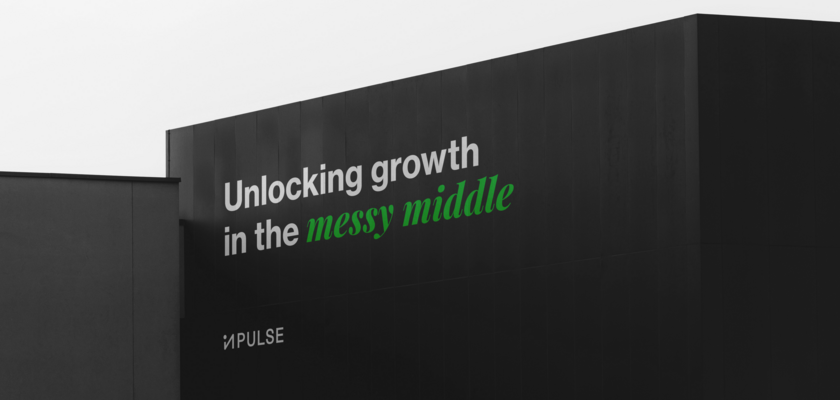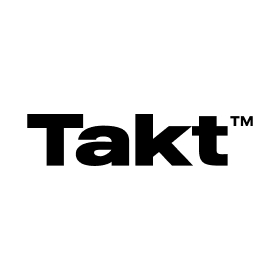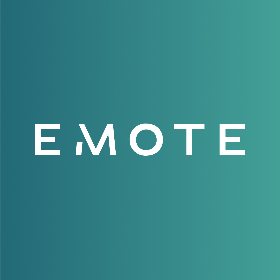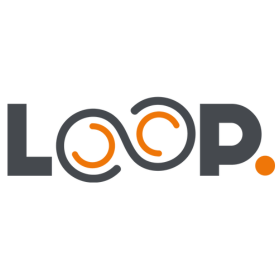Kriu
As your agency grows, managing teams shouldn't slow you down. Easily assign people to projects, track workloads and keep every service profitable without messy spreadsheets or manual processes. Work smarter, scale faster.

5 Best Practices to Create Cross-Channel Marketing Reports for Clients
I’ve talked with hundreds of marketing agency leaders and specialists in the past 10 years of leading Whatagraph, and one thing is certain: It’s incredibly difficult to get clients to read and care about marketing reports. Yet, it’s also absolutely …

How Will Google’s Project Mariner Redefine Usability and User Testing?
Following Google’s announcement about the highly anticipated Gemini 2.0 in early December, the world’s most popular search engine unveiled a plan for its first-ever artificial intelligent (AI) agent. Project Mariner is a research prototype built on Gemini 2.0 that is …

DAN Case Study: AgencyAnalytics Received 250 Qualified Leads in a Year as a DAN Member
A success story about how one of our DAN Tools members, AgencyAnalytic,s overcame common challenges as a SaaS tool, benefited from their membership with us and what being a DAN member offered them has recently come together in a case …

8 Unforgettable Halloween Ad Campaigns to Spark Your Creativity
October brings with it more than just crisp air and falling leaves – it’s the season when brands unleash their most creative and hauntingly memorable Halloween marketing campaigns. From eerie storytelling to spine-tingling visuals, some of the best Halloween campaigns …

Top Fascinating Ad Campaigns of Christmas So Far
Another year has gone by, and the holiday season is finally here! The best side of being in the festive season is, of course, the heart-warming Christmas ad campaigns to make us feel closer to our loved ones, and in …

Inspirational Earth Day Marketing Campaigns and Ideas
At least we have one day, April 22, to thank the Earth once a year worldwide, and brands try to raise awareness about the planet with their creative Earth Day campaigns, ads, and social media posts. With environmental concerns becoming …

Women’s Day Marketing Strategy: Successful Campaigns & Ads
A world without prejudice, stereotypes, or discrimination. Each year, brands recognize International Women’s Day as an opportunity to align with social values, raise awareness against bias, and take action for gender equality—all while strengthening their brand identity. By participating in …

What Makes Heinz Marketing Strategies & Campaigns So Effective?
Heinz is synonymous with ketchup in more than 200 countries. The brand’s success is built on decades of strategic decisions, innovative food marketing campaigns, and careful audience understanding. But what sets Heinz apart from its competitors? In this guide, I’ll …

Father’s Day Marketing Campaigns by Famous Brands
Undoubtedly, every day is the best day to show our love for our fathers and father figures. But still, Father’s Day is here to highlight our appreciation. However, what makes this day special for the marketing world is the amazing …

Navigating the New Normal: INPULSE Transforms Marketing Uncertainty into Brand Growth
In a world where marketing strategies often promise silver bullets and guaranteed success, INPULSE embraces a radically different approach: acknowledging that uncertainty isn’t just a challenge—it’s the key to meaningful brand growth. Miami, December 17- “Marketing today is filled with …

Starbucks’ Digital Marketing Strategy: How to Brew Success
Known for its iconic green logo and the promise of a remarkable coffee experience, no doubt that Starbucks is a global phenomenon. Behind the aroma of freshly brewed coffee and the cozy ambiance of its coffee shops, there is a …

Most Inspiring Mother’s Day Campaign Ideas
Just a kindly reminder: Mother’s Day is around the corner and look no further for anyone fresh out of ideas and looking for inspiration for digital marketing campaigns or social media posts. Mother’s Day offers a chance to show respect …
























